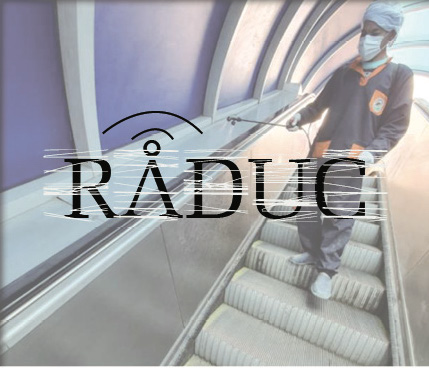I Hereby Drop My Sword and Raise Your Lifeline
“Are you from the State Security Office?” “I am not sure if I want to talk about this!” “Can I talk off the record?”
These were all responses to The Caravan’s reporters as they tried to approach members of the AUC community for information last week.
I have always witnessed and heard about people’s intimidation from any kind of press, especially in sensitive matters. But what came in as a surprise for me, was the fact that trivial matters are now treated with the same extra caution.
“The pen is mightier than the sword,” a statement held dearly by almost all journalists around the globe, which kind of explains people’s fear.
But for me, the sword metaphor was never the appealing part of journalism. In fact, I’ve always liked to perceive the journalistic pen as a lifeline for rescuing the people, not butchering them.
And when it truly is a sword, with the power that this pen gives to its owner, comes the larger room to help and the bigger opportunity to impact.
How else can people call for help when in trouble, get acknowledged with success, inspire others, or simply deliver a message to everyone else? How can they even survive without knowing what’s going on around them?
A simple piece of information about the accident you coincidentally witnessed on the road can spare zillions of lives in the future.
Be it to inform, voice or even entertain, the influence of the pen still holds.
While nowadays journalists can give you thousands of reasons to distrust them, there are a lot of other facts that may render some as trustworthy.
One reason for this is objectivity. Professional journalists have to be neutral, and should never take sides. Even if they don’t really support your views, they are obliged to voice them accurately to preserve their credibility.
Besides, a news piece can’t run one-sided to ensure fairness to all parties involved. Accordingly, when a reporter decides to contact you, it is not to harass you, or catch you off guard. They are just offering you a platform to speak.
Another reason for trusting journalists is that they mostly do what they do for the sole purpose of unraveling the truth and eventually rectify the community. It’s not exactly the kind of job that pays the bills, or eases your life. In fact, it does the complete opposite.
Despite the fact that remaining silent comes off as less-risky, it isn’t always the case. There is always a minimum of two sides for one story, and if you choose not to speak, yours is just nonexistent. Hence, you become up for doubts and questions.
With the current restrictions on journalists, they’re probably equally or more endangered than you’ll ever be.
Two weeks into the semester as The Caravan’s Editor in Chief, I got to rethink what journalism is all about for me, as I witnessed different members of the community resent reporters for no apparent reasons, as if we’re the enemy.
Whereas the only thing we’ve been holding on to here is to voice the entire community, regardless of who they are or what they do.
We’re here for the students, the faculty, the administration, with all the different organizations, equally.




